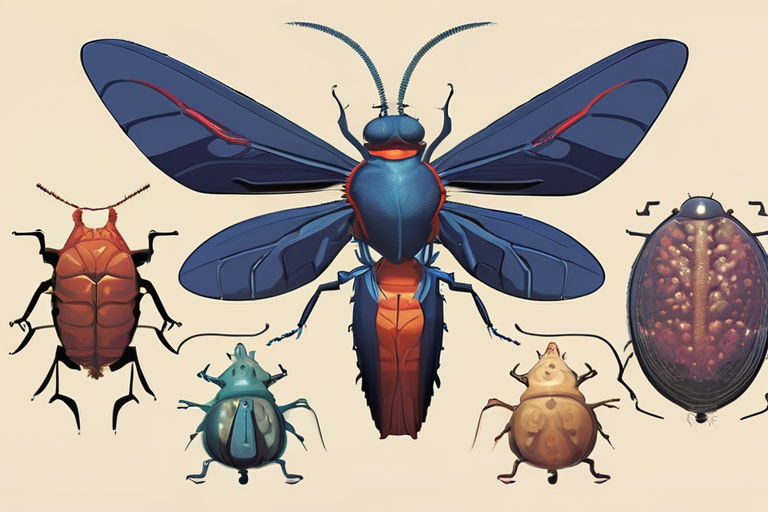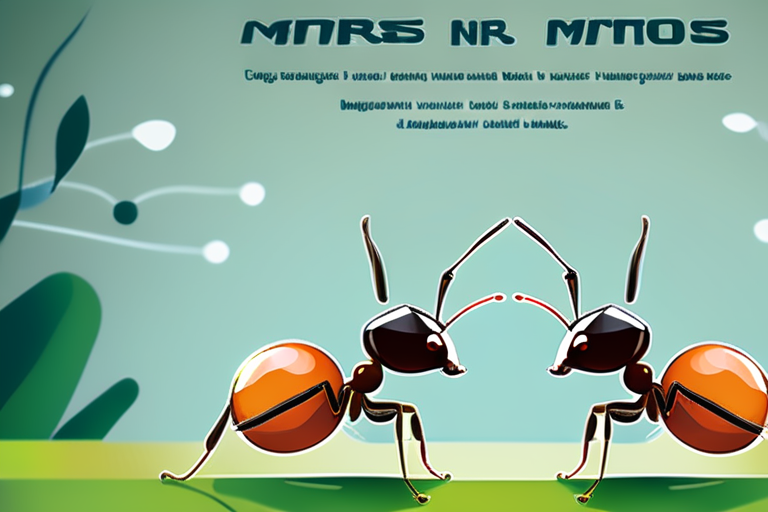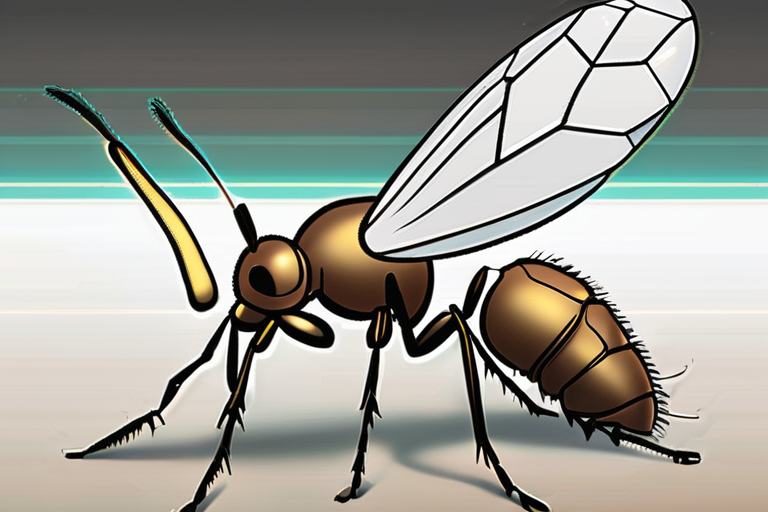Researchers have discovered that some female ants engage in a form of chemical warfare, allowing them to infiltrate established colonies of other ant species and manipulate worker ants into killing their own queens. According to a recent study published in the journal Current Biology, this phenomenon has been observed in several species of ants, including the Argentine ant and the red wood ant.
The researchers found that the invading female ants, known as "deceptive queens," produce a unique chemical signature that is indistinguishable from that of the native queen. This allows them to blend in seamlessly with the native ants and gain their trust. Once inside the colony, the deceptive queens can manipulate the worker ants into committing regicide, or the act of killing a queen, by producing a chemical signal that triggers a violent response in the native ants.
"This is a remarkable example of chemical warfare in ants," said Dr. Emma Cohen, a biologist at the University of California, Berkeley, who was not involved in the study. "The deceptive queens are essentially hijacking the native ants' social behavior to achieve their own goals."
The study suggests that this form of chemical warfare may be more common than previously thought, and could have significant implications for our understanding of ant social behavior. "Ants are incredibly complex and fascinating organisms," said Dr. Cohen. "This study highlights the importance of continued research into the social behavior of ants and the complex chemical signals that underlie their interactions."
The discovery of deceptive queens has also raised questions about the evolution of ant social behavior and the role of chemical signals in shaping the behavior of individual ants. "This study provides a fascinating glimpse into the intricate social dynamics of ants," said Dr. Cohen. "It highlights the importance of continued research into the complex interactions between ants and their chemical environment."
The study's findings have significant implications for our understanding of ant social behavior and the complex chemical signals that underlie their interactions. As researchers continue to study the behavior of ants, they may uncover new insights into the evolution of social behavior and the role of chemical signals in shaping the behavior of individual ants.
In the meantime, the discovery of deceptive queens has sparked a new wave of interest in the study of ant social behavior and the complex chemical signals that underlie their interactions. As researchers continue to explore the intricacies of ant social behavior, they may uncover new and unexpected insights into the complex world of ants.



























Share & Engage Share
Share this article